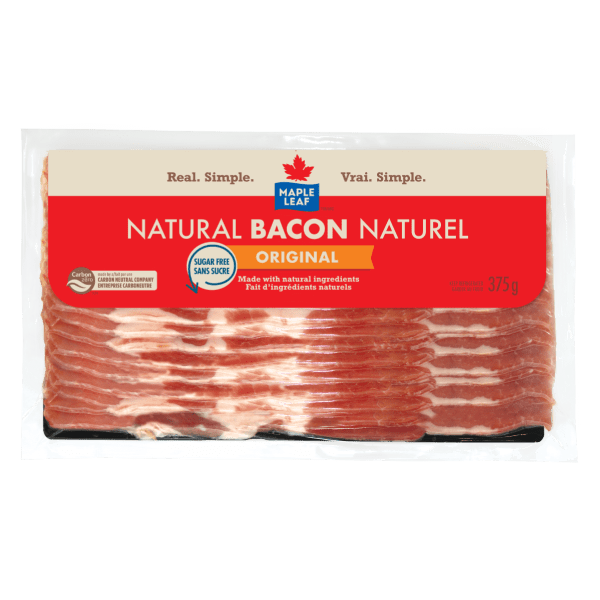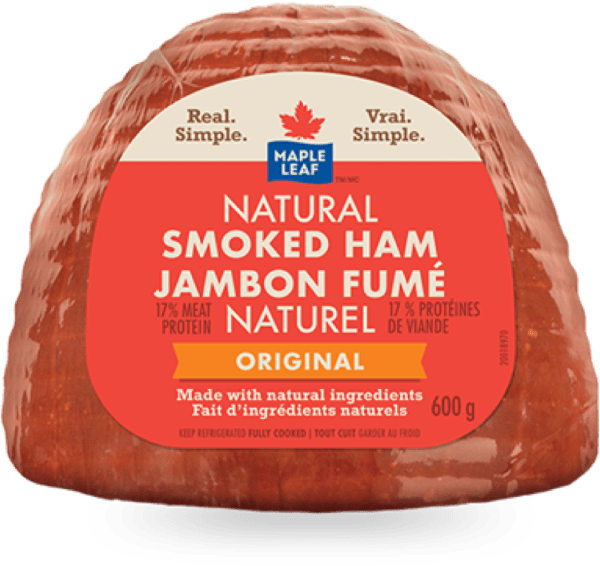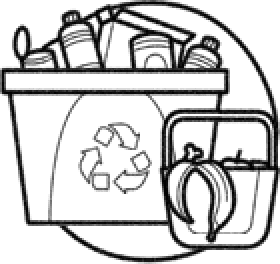We’re are carbon neutral
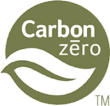
What is a carbon footprint?
Becoming the world’s first major carbon neutral food company in 2019 was a big step in our fight against climate change.
For Maple Leaf, carbon neutral means that we do everything in our power to avoid or reduce our emissions on our own, and any remaining, currently unavoidable emissions that we put into the atmosphere we offset through the purchase of high-quality, verifiable credits from environmental projects
That’s why we are committed to meaningful action to protect our planet. We are a carbon neutral company, and we have set bold, science-based targets approved by the Science Based Targets initiative (SBTi) to continue reducing our carbon footprint.
If we don’t deal with this today, future generations will be dealing with it tomorrow – so let’s work together to fix this now!
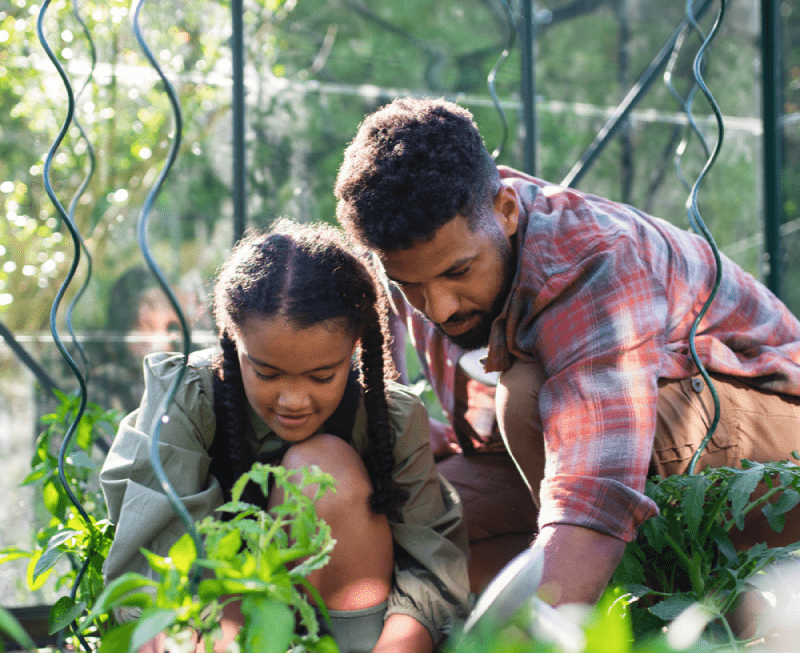
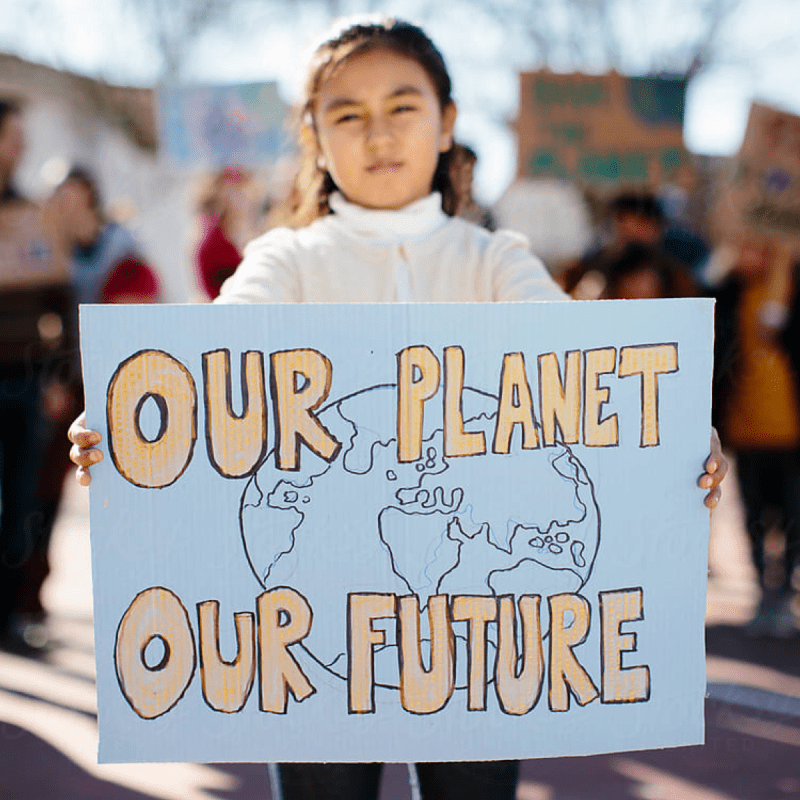
If we don’t deal with this today, future generations will be dealing with it tomorrow – so let’s work together to fix this now!
Learn about climate change
Eat your leftovers
Carry a single reusable bottle
Recycle and compost properly
Unplug electronics when not in use
Walk and bike to get around
Eat less meat, eat local and grow a vegetable garden
Support carbon neutral companies
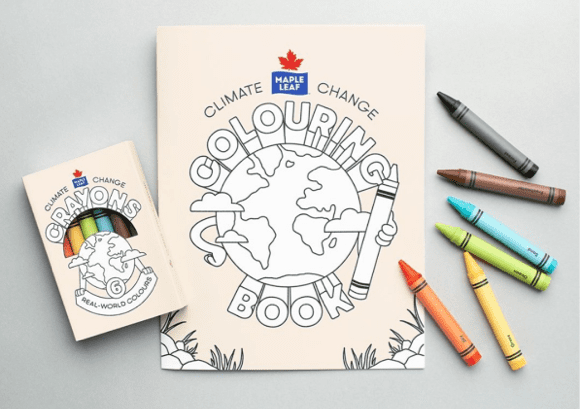
Start a conversation with your family about climate change
At Maple Leaf, our strategy to maintain carbon neutrality involves prioritizing the avoidance and reductions of our greenhouse gas emissions, and for the remaining and unavoidable emissions, we purchase high-quality, verifiable carbon offset projects.
We’ve made progress on our sustainability journey and will continue to take action to combat climate change and protect our planet.
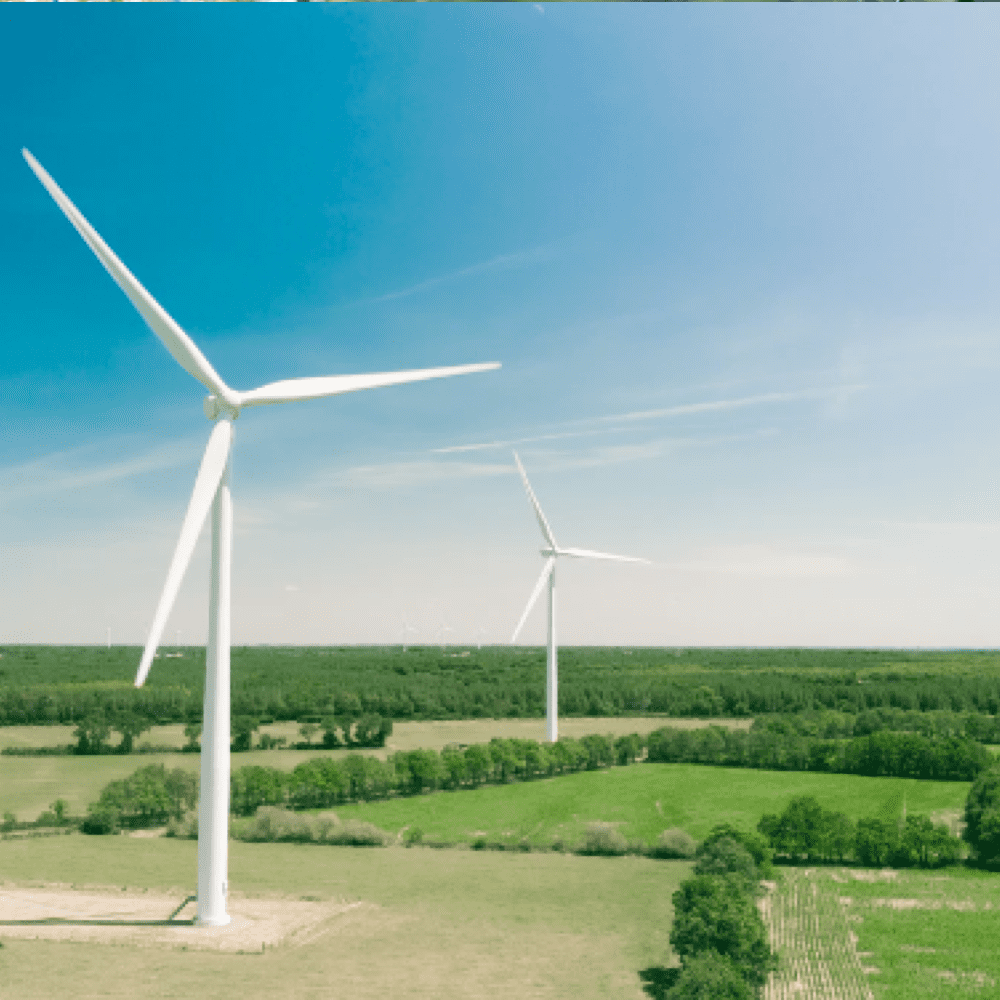
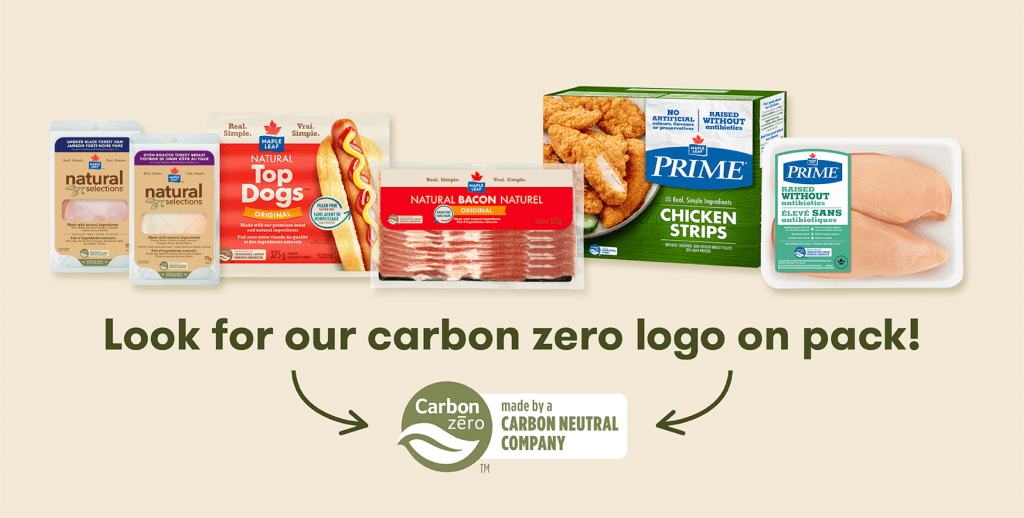
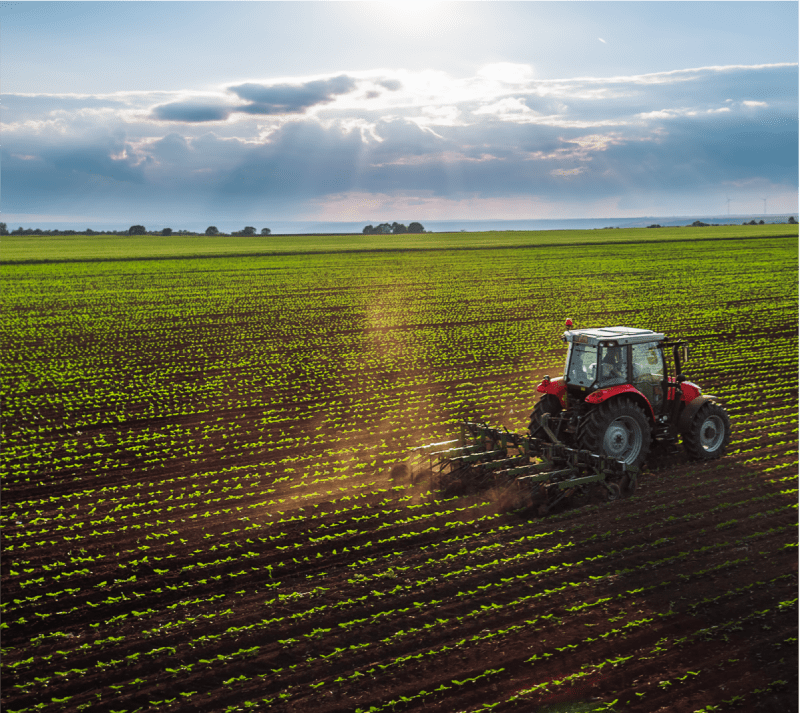
Sustainability report
Our commitments to better food, care for our animals, our people and communities, and to the planet.
Questions?
What does it mean to be carbon neutral?
For Maple Leaf, carbon neutral means that we do everything in our power to avoid or reduce our emissions on our own, and any currently unavoidable emissions that we put into the atmosphere, we offset through the purchase of high-quality, verifiable credits from environmental projects.
What are Science-Based Targets?
We were the first food company in Canada to set science-based targets aligned with the goals of the Paris Agreement on Climate Change and approved by the Science Based Target initiative (SBTi). We have committed to reduce our absolute Scope 1 and 2 greenhouse gas emissions by 30% (2018 baseline) and the intensity (per tonne of product produced) of our Scope 3 GHG emissions by 30% (2018 baseline) by 2030
What steps is Maple Leaf taking to reduce their current footprint?
We prioritize reducing our consumption of energy and water, and the overall amount of solid waste we generate. We do this by focusing on upgrading and optimizing our manufacturing equipment and processes at our facilities, implementing composting and recycling programs, proper inventory management and improvements to storage, handling and employee training to reduce solid waste and food waste. We are also supporting programs that work with farmers in our supply chain that produce the feed for our animals to implement practices on farm to reduce their environmental impact, also known as regenerative agriculture.
What is regenerative agriculture?
Regenerative agriculture is a set of farming principles and practices that regenerate the land, capture carbon from the atmosphere and store it in the soil, increase biodiversity, improve soil health, boost farmer livelihoods and enhance landscape resilience. Regenerative agriculture principles include reducing soil disturbance, maximizing crop diversity, ensuring the soil is covered, and maintaining live roots in the soil year round. Regenerative agriculture practices include: proper nutrient management, no-till direct seeding systems, increased crop rotation practices, cover cropping, intercropping and optimizing crop inputs. Combined, these soil health interventions create a more sustainable and resilient cropping system with lower greenhouse gas emissions.
Over the past few years, Maple Leaf has continued to scale our support of regenerative agriculture programs that work with farmers within our supply chain that produce the feed for our animals.
What carbon offset projects are you supporting?
We proudly support a number of high-impact, carbon offset projects throughout North America. These projects include renewable wind energy, recovery of methane gas for energy from landfills, recycling programs, composting to reduce methane emissions, and forest protection and re-forestry.
Learn more about the carbon offset projects we support here.
How do I know which products are produced by a carbon neutral company?
Maple Leaf products display our “Carbon Zero – Made by a Carbon Neutral Company™” logo so that consumers know they are making a good choice.
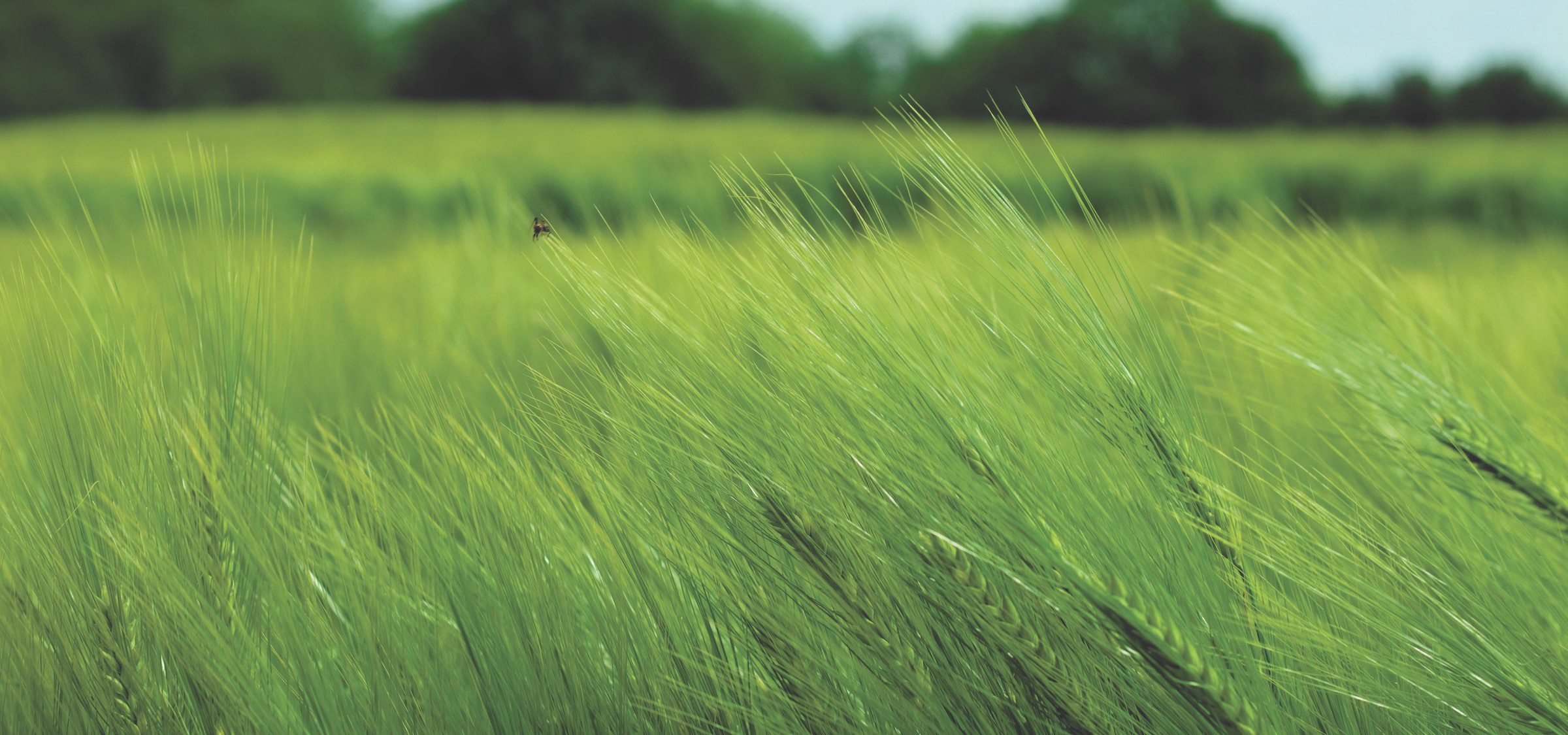

Visit our Green Glossary
A family-friendly resource to simplify complex sustainability terms, and learn about little changes you can make for a big impact on the environment.
